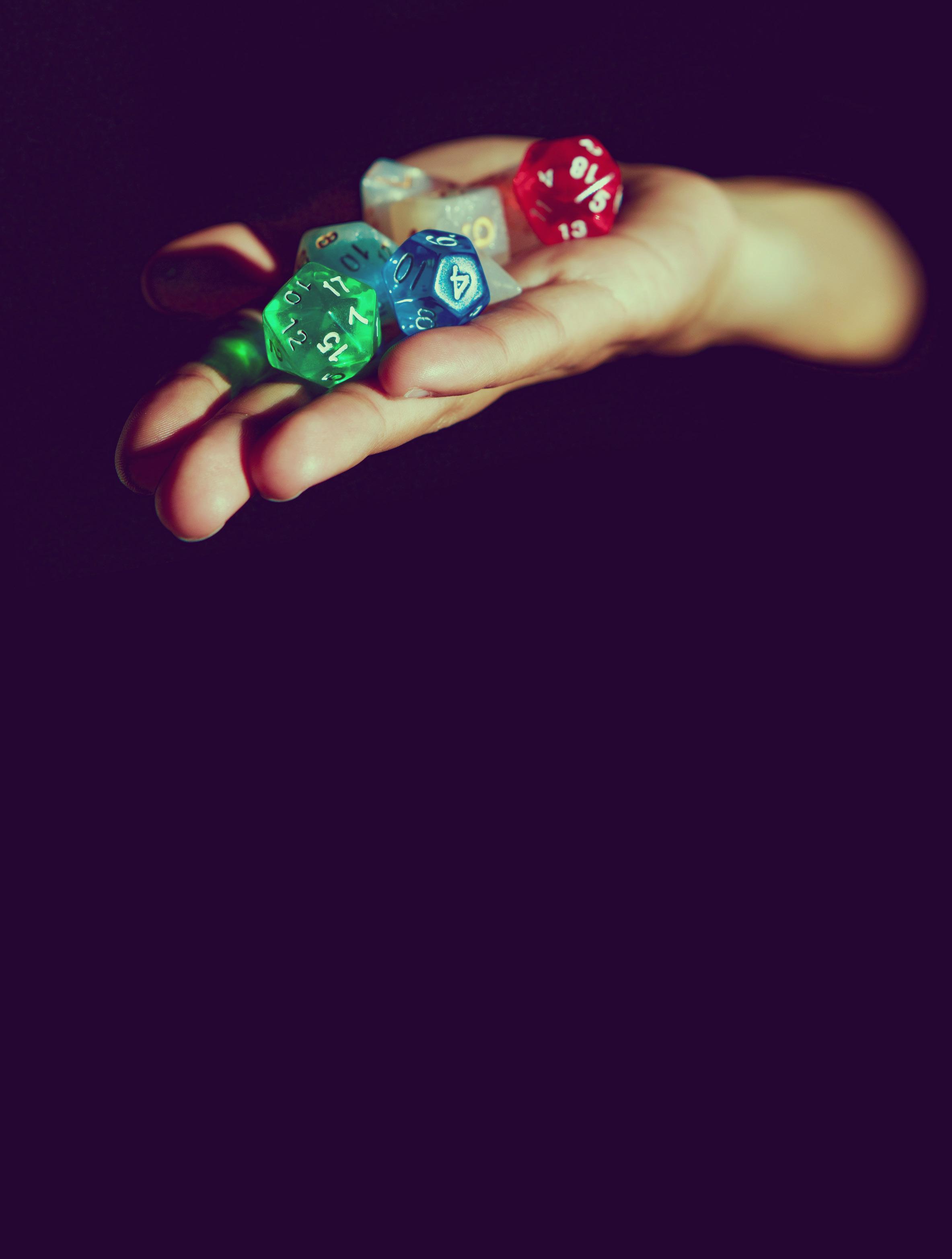
5 minute read
Lockdown Productivity and Gettin’ Stuff Done
Lockdown Productivity & Gettin’ Stuff Done
By Maia Hall
Kia Ora, this is Maia. I’m writing to you from week four of isolation. I haven’t eaten breakfast before midday in two weeks. I haven’t made my bed in three. I haven’t opened Blackboard in 4,000 years. Am I doing lockdown wrong?
My whanau spent the first whole day making a physical penand-paper list of plans to follow a yoga course, learn Te Reo and build a new vegetable garden. But I had never felt so mentally drained. After two-and-a-bit years of studying journalism, life was all starting to fit together. The pressure of deadlines and competing for internships was ramping up, and I was up for the challenge. But just as I began to really engage with my assignments and plan for the future, the whole world seemed to crumble around me. I spent the last week of March trying to stay positive and productive, but when I headed home to Wellington to spend lockdown with my family, I crashed. I completely abandoned several half-done assignments, figuring that I’d sort all that out later.
But as the whole country started to come to terms with uncertainty and the magnitude of this pandemic, social media never skipped a beat. Houseparty, Instagram, TikTok. We’re all locked in our houses, but expected to stay more active than ever, fighting to avoid FOMO in a world where we are all missing out on so much, more than ever.
Isolation does weird things to us. People are either learning several new languages a day, or on a strict schedule of Netflix and cake-in-a-cup. Me? I generally struggle out of bed at midday and lounge around eating food out of my parents’ fridge in my PJs. But, when the clock strikes 3pm, suddenly the procrastination-induced panic sets in, and I usually manage to actually change out of my pyjamas, cook a three-course meal and squeeze in a 10 kilometre run, before I change back into my sweatpants and return to my well-earned slumber.
Now, I haven’t exactly followed the experts’ tips to make a schedule. And I can’t say I’d recommend my newfound lifestyle to anyone. But no one really knows what lifestyle is going to work for you. Some find comfort in productivity, and others completely reject the idea.
But what is productivity? American economist, Paul Krugman, seems to value getting things done over everything else. He sounds like a riot at parties... “Productivity isn’t everything, but in the long run it is almost everything. A country’s ability to improve its standard of living over time depends almost entirely on its ability to raise its output per worker.” He’s clearly from a time before auto-play Netflix.
So ‘productivity’ is the ratio between the volume of input and output - how effectively the effort put in, gets turned into the result that comes out. Or in lockdown; how effectively we can turn an empty four weeks into completed assignments, better fitness levels and a collection of random new skills. To justify our time spent. But I wanted to question why this was my default way of thinking. Everywhere in the news I’ve been seeing “15 tips on how to be productive” or “how to make the most of our lockdown”... but four weeks into isolation, the only thing I’ve “achieved” in a productive sense is the length of my armpit hair.
Who decides on the best ways to spend our time? Have I wasted my time if I don’t come out the other side of lockdown as my very best self; peak fitness, newly bilingual and in the best possible professional position? It’s okay to close the tab on that advice article about “Things to do during lockdown to make yourself more employable”. It’s okay to not be breaking PBs on the running track, or getting ahead in that essay. Fuck that essay. Sometimes it’s okay to just exist.
I’ve come to terms with the fact that I’m not super productive at the moment. But it seems our need for productivity might be less about actually getting stuff done, as it is about getting validated for our productivity.
Being in lockdown for me means I’m spending way more time than usual on social media. There’s nothing like a quick scroll through home workouts and banana bread on Instagram to give me FOMO. It's weird, feeling like you’re missing out when really, we’re all at home doing 10% Instagram-worthy stuff, 90% not-that-much. I’m guilty of posting that double speed home workout onto my story, then flopping onto the couch for the rest of the day. But it felt good to post it, I had done something worth sharing. When it looks cool, post it, right?
While I am all for posting that banana bread, being stuck at home looks very different for people when they’re stressed. Not everyone has the mental capacity to be mucking around with yoga or picking up new hobbies when they’re struggling to put food on the table or feeling anxious. But we’re all just doing what we’re doing to get through the day. My 25km run does not discredit your Mean Girls marathon, and the fact your daily timetable starts at 6am isn’t a personal attack on me sleeping in (and in, and in…). Huge capitalistic social media platforms sometimes make us feel pressured to be prettier, funnier, more popular. But why are we competing? We criticise the beauty industry for feeding us societal norms, for telling us there’s only one kind of beautiful. So let's also take down other social constructs. Why measure our productivity against others? Why let hypothetical ‘Insta-worthy’ standards judge how we spend our time?
Let people’s banana bread inspire rather than pressure you. Make chocolate cake! Or better yet, eat those chips in bed like a champ. Use technology to enrich your friendships and as entertainment when you’re sick of hanging with your bubble buddies all day. And if you dabble in at-home hairdressing like my siblings and I... trust me, that’s one for the gram. Speaking from experience, your followers will thank you.










